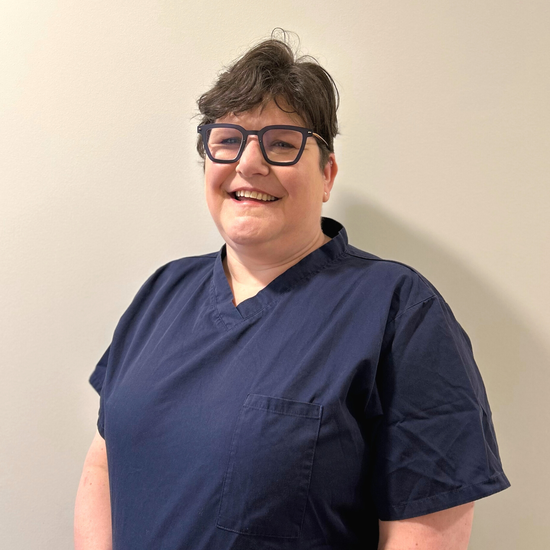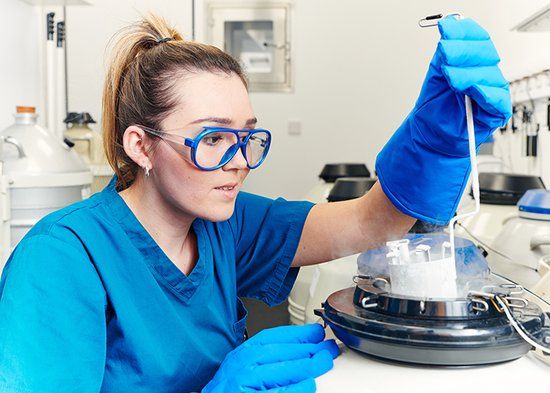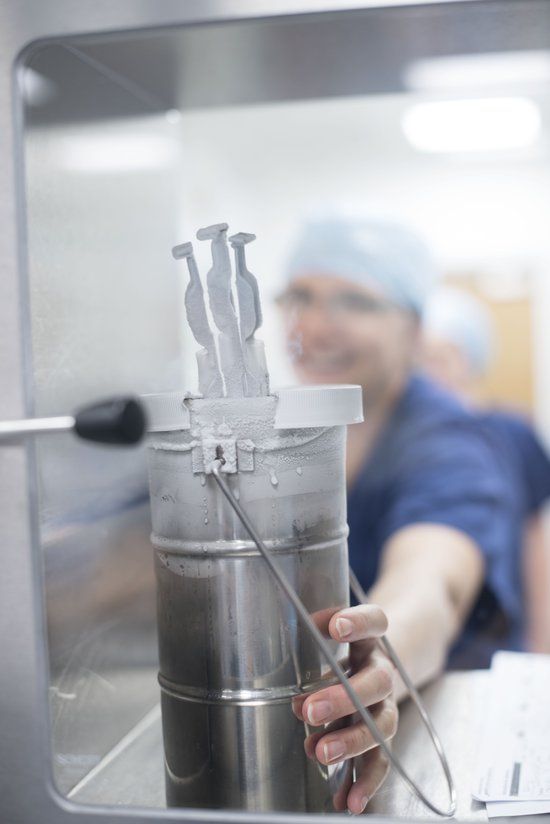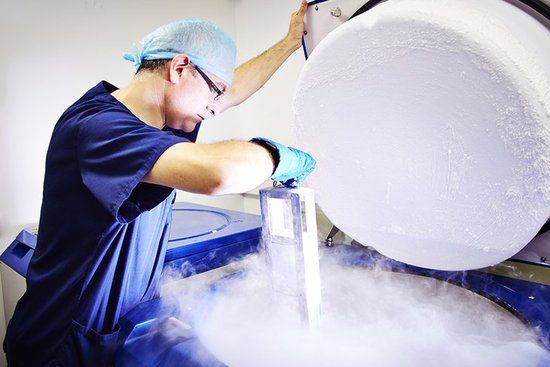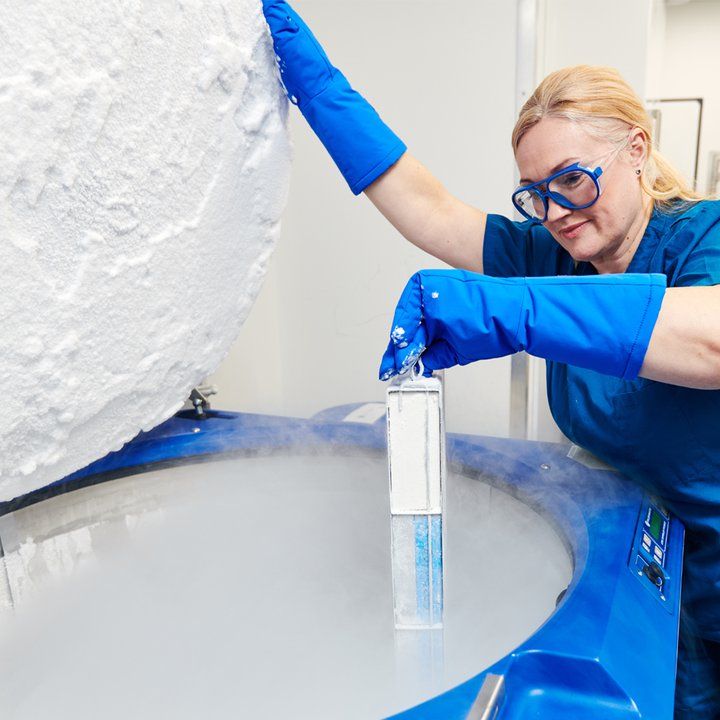
As of the 1st of July 2022, the UK’s legislation to store frozen eggs, sperm and embryos has been extended to a maximum of 55 years.
The Human Fertilisation Embryology Authority Act 1990 amendment means patients who freeze and store their gametes or embryos for medical or non-medical reasons can renew their consent period after the standard storage of 10 years if they wish to. You can extend up to 55 years, reviewing every ten years.
Before patients extend their consent period, they will be given the opportunity to have implications counselling. It can be a difficult decision to extend your storage for future fertility treatment. Counselling allows you to discuss with our expert counsellors the reasons for continuing and the potential implications for pregnancy in the future.
Why has the law changed now?
Since the 1990 legislation was formed, numerous factors have prompted this change. There has been advances in freezing techniques, extensive research and increased knowledge to make fertility preservation better.
We've also seen an increase in women choosing to freeze their eggs at a younger age. So, they can focus on their life ambitions and their career before settling down to start a family without feeling worried about their future fertility.
A recommended age for a woman to freeze her eggs is in her 20s or early 30s; this is because the quality and quantity of your eggs decline as you get older. Therefore, freezing at a younger age will increase the chances of pregnancy success when you want to start a family.
The new storage limit helps women who have decided to freeze their eggs in their 20s extend their consent period and can have fertility treatment when they are ready. Joint Managing Director Dr Debbie Falconer says:
"The changes in the time allowed for storage is very good news for anyone storing eggs, sperm or embryos who are not quite ready to have children. It now gives more flexibility in the time to try for a family."
What is egg freezing?
Egg freezing is a technique used to freeze your fertility potential. This method involves collecting a woman’s eggs, freezing and storing them until the woman is ready to start a family.
To find out everything you need to know about egg freezing read this blog.
Here at Manchester Fertility, we have a highly-skilled team who specialises in egg preservation and other IVF fertility treatments. With our state-of-the-art-clinic home to our advanced laboratories, we have helped over 7,000 babies born. So, when the time is right for you to start your fertility treatment, our dedicated is here to support you.
Counselling
Counselling sessions are available to all our Manchester Fertility patients. Our expert counselling team are here for you to discuss how you feel about extending your storage, any implications and if you have any concerns or questions to help you through this time.
We want to reassure you that sessions are highly confidential and private with you and your fertility counsellor. You can choose to see our experienced counsellor on your own or with your partner.
Keeping your information up to date
If you have sperm, eggs or embryos in storage or choose to in the future, it is essential to keep your contact details updated, including your address. So, we can contact you to extend your storage. If we can't reach you at the end of your consent storage period you stated on your consent form, unfortunately, we won't be able to extend your time period.
If you currently have gametes or embryos in storage with us and would like more information, please contact our patient team; we are here to help. Call us on 0161 300 2730.
Or, if you want to hear more about fertility preservation, book a 1-2-1 discovery appointment with one of our friendly New Patient Team Coordinators.
Last updated: 2nd September 2022

